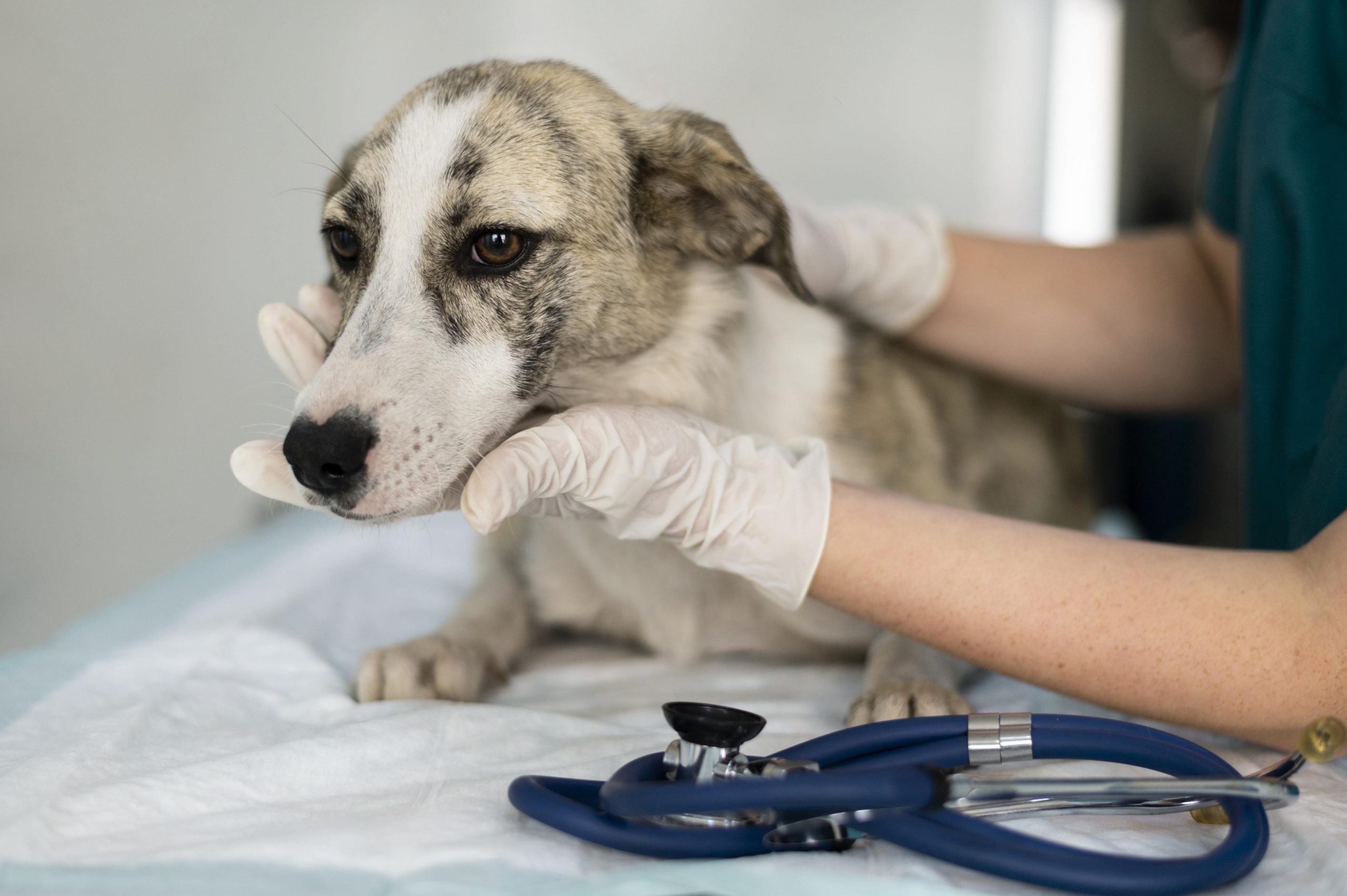

UC Davis’ pioneering work in comparative oncology continues with the establishment of the Canine Tumor Genome Atlas, the first genomic data bank of its kind outside of the National Cancer Institute. It could eventually hold hundreds of gene samples from companion canines suffering osteosarcomas, oral melanomas, and gliomas.
These three malignancies are strikingly similar to those found in humans, and tragically, they can be fatal in both species. Scientists use comparative oncology to uncover remedies that work in dogs in the expectation that comparable medications may work in humans. In fact, canine clinical studies to evaluate an immunotherapy drug for cancer are currently underway at UC Davis.
The UC Davis Comprehensive Cancer Center is creating an enormous genome database as part of its collaborative cancer study with the UC Davis School of Veterinary Medicine in order to map why particular canines are genetically prone to cancer. Researchers hope that by assisting in the discovery of cancer therapies for pets, the atlas may lead to comparable breakthroughs for people with cancer.
“These genomics studies will show how tumors mutate and what’s driving those mutations in the cancerous cells.”—John McPherson
The study endeavor is led by John McPherson, deputy director of the cancer center, and Christine Toedebusch, assistant professor of surgery and radiological sciences at the UC Davis veterinary school. It is supported by a $115,000 cancer center grant.
“These genomics studies will show how tumors mutate and what’s driving those mutations in the cancerous cells,” McPherson said.
The Canine Tumor Genome Atlas will house biological samples containing mutations and changes in tumor gene expression. After the genetic makeup of the tumors has been studied and sequenced, the atlas will allow researchers to mine the data.
“Think of it this way,” McPherson said. “A genome is like an encyclopedia set. Every volume of the encyclopedia is a chromosome and inside every volume are chapters and paragraphs. Sequencing is reading the words and letters of the genome. As a genomic researcher, I’m looking at misspelled words. These are changes that alter the function of proteins encoded by the genes.”
According to McPherson, this study strategy, known as oncogenetics, will use the atlas to find gene variants that stand out like sore fingers, and then track those patterns to see whether they can be matched to specific tumors.
“Our canine companions share genetic and environmental complexity with us and have an intact immune system, unlike laboratory mice,” Toedebusch said. “Many canine tumors progress similarly and share many features with human tumors. While laboratory mice are vital to initially understand and test mechanisms of cancer progression, they have repeatedly demonstrated limited success in therapeutic translation to human cancer patients. Naturally occurring canine cancer may serve as a bridge for therapeutic translation between rodents and humans.”
“Many canine tumors progress similarly and share many features with human tumors.”—Christine Toedebusch
Toedebusch, for example, stated that gliomas are lethal brain tumors in dogs and humans, with patients dying within a year to 18 months of diagnosis.
“It has been more than 20 years since a new therapy has been effective at extending this meager survival time in humans,” Toedebusch said. “Companion canines with glioma are becoming more readily acceptable as a translational model for human glioma, creating funding opportunities to study the canine disease and allowing for the possibilities of breakthroughs in treating canines and humans, alike.”
The Canine Tumor Genome Atlas will be shared with other cancer researchers around the country.
more recommended stories
 Nanoplastics in Brain Tissue and Neurological Risk
Nanoplastics in Brain Tissue and Neurological RiskKey Takeaways for HCPs Nanoplastics are.
 AI Predicts Chronic GVHD Risk After Stem Cell Transplant
AI Predicts Chronic GVHD Risk After Stem Cell TransplantKey Takeaways A new AI-driven tool,.
 Red Meat Consumption Linked to Higher Diabetes Odds
Red Meat Consumption Linked to Higher Diabetes OddsKey Takeaways Higher intake of total,.
 Pediatric Crohn’s Disease Microbial Signature Identified
Pediatric Crohn’s Disease Microbial Signature IdentifiedKey Points at a Glance NYU.
 Nanovaccine Design Boosts Immune Attack on HPV Tumors
Nanovaccine Design Boosts Immune Attack on HPV TumorsKey Highlights Reconfiguring peptide orientation significantly.
 High-Fat Diets Cause Damage to Metabolic Health
High-Fat Diets Cause Damage to Metabolic HealthKey Points Takeaways High-fat and ketogenic.
 Acute Ischemic Stroke: New Evidence for Neuroprotection
Acute Ischemic Stroke: New Evidence for NeuroprotectionKey Highlights A Phase III clinical.
 Statins Rarely Cause Side Effects, Large Trials Show
Statins Rarely Cause Side Effects, Large Trials ShowKey Points at a Glance Large.
 Anxiety Reduction and Emotional Support on Social Media
Anxiety Reduction and Emotional Support on Social MediaKey Summary Anxiety commonly begins in.
 Liquid Biopsy Measures Epigenetic Instability in Cancer
Liquid Biopsy Measures Epigenetic Instability in CancerKey Takeaways Johns Hopkins researchers developed.

Leave a Comment